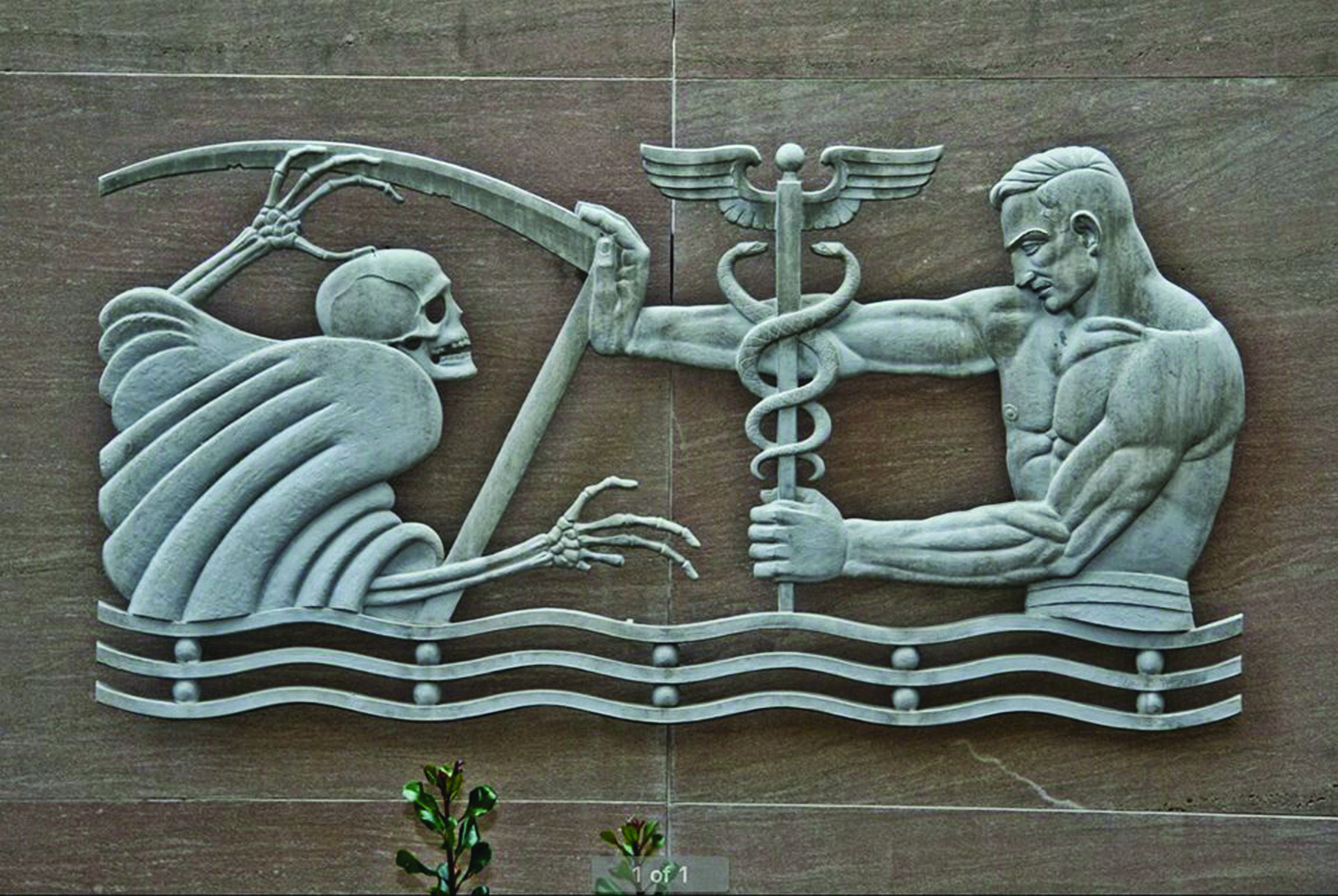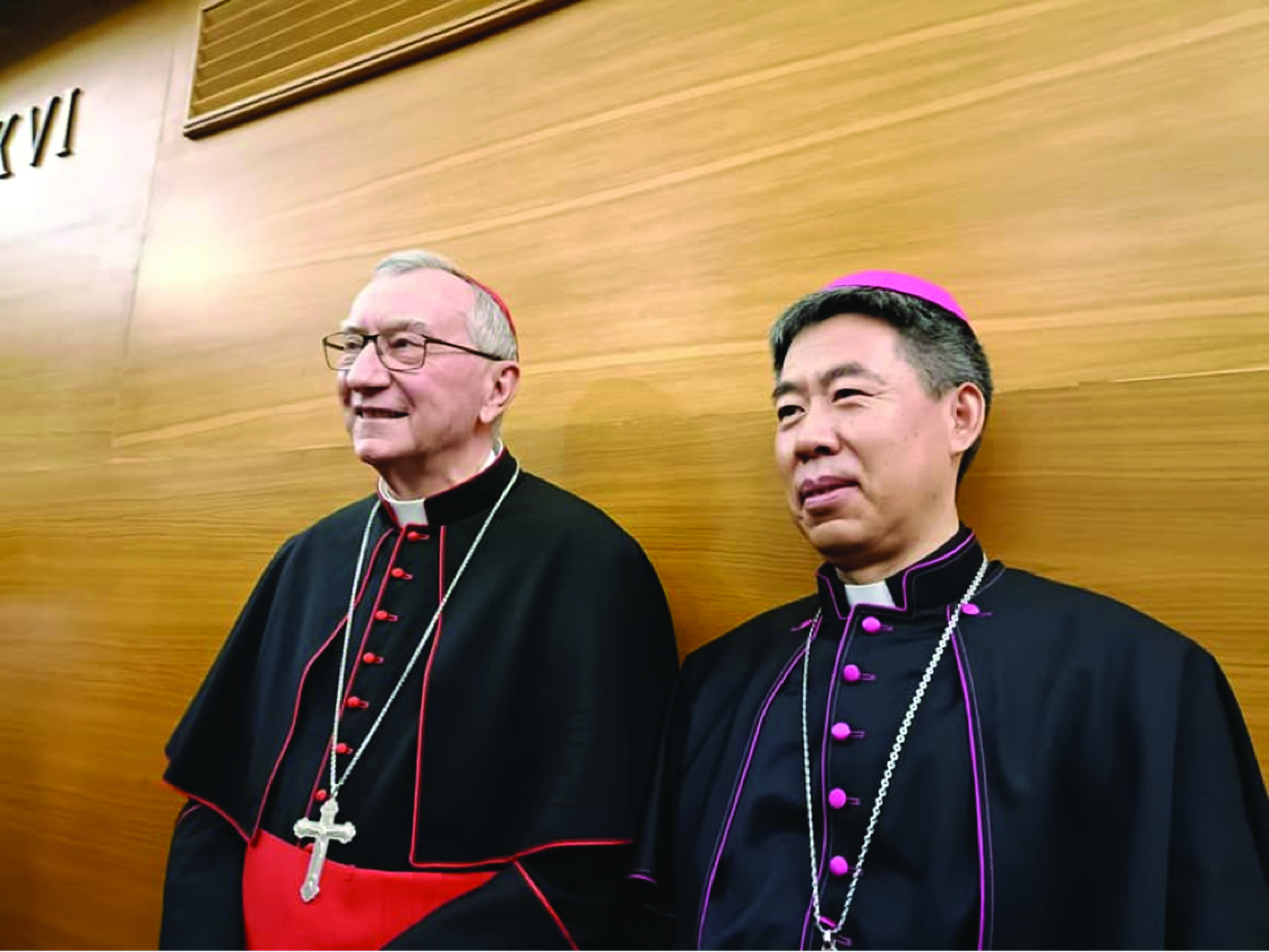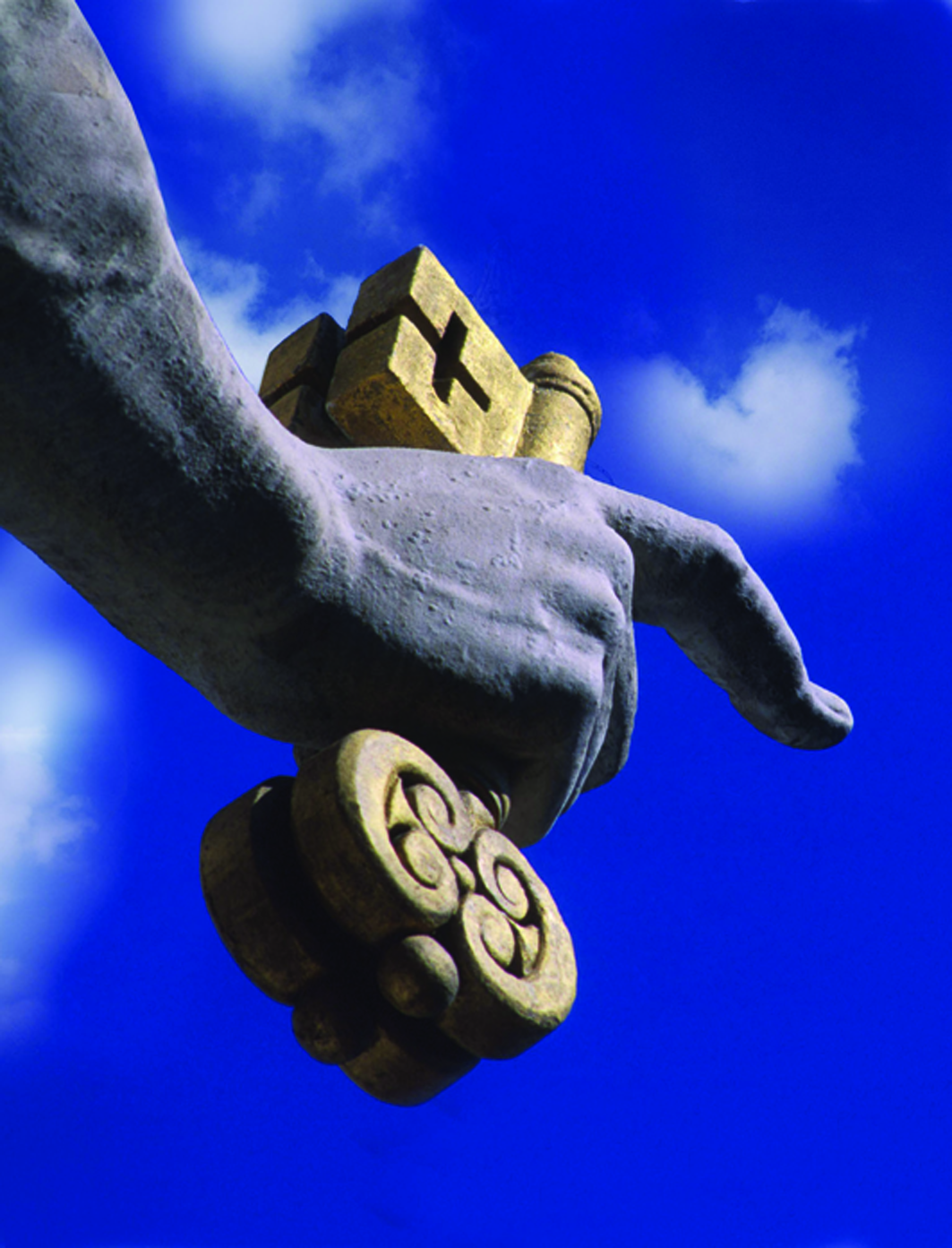A Franciscan Capuchin, the archbishop of Smyrna, Turkey (and, since the murder of Bishop Luigi Padovese on June 3, 2010, apostolic administrator of Anatolia), Ruggero Franceschini, 73, is a witness to the life of the Catholic Church in Turkey. Here, he speaks of the difficulties facing Christians in a Muslim country and expresses hope that new missionaries, and a new bishop for Anatolia, will be sent to Turkey to support the Christians there.
How are Holy See-Turkish relations?
Archbishop Ruggero Franceschini: I am a pastor; the apostolic nuncio, His Excellency Monsignor Lucibello, is better qualified to answer this question. All I can say is that Turkey’s diplomatic relations with the Holy See and the Church are good. However, Catholics have not yet been recognized by the Turkish government. In practice we don’t exist, so words like relations, dialogue and friendship have a particular meaning.
What are the difficulties you are confronted with every day, in a country where Catholics are a minority?
Franceschini: The trouble of each day is sufficient for that day. It would take too long to list the difficulties I face today, let alone the ones I have to face every day.
First, the situation of the Vicariate of Anatolia, empty for almost three years, waiting for the appointment of a new bishop.
Second, the insufficient number of missionaries in Turkey. The missionaries we have, for the most part from Asia and Eastern Europe, are competent and motivated, but do not have a sufficient number of benefactors to support them. Finding resources, especially economic resources, has always been a difficult, often embarrassing problem, especially when attention should be given to more important issues like the evangelization of these people.
The Church in Turkey operates in a particular, in some respects unlucky situation: though treated like an Eastern Church, it faces difficulties similar to those found in a mission country; it is situated in an apparently modern, but actually deeply Muslim and nationalistic country, one officially unaffected by economic crisis, but with wages one-third of European wages and a higher cost of living than that of many European countries. Only by taking responsibility for the economic administration of the Vicariate is it possible to see why economic problems can become a cause of concern for a bishop too. All this is accompanied by a new wave of Islamism, seen in some restrictive laws, in the reopening of Islamic schools, in limitations to religious freedom, to the granting of work permits, in the violation of property, for example the violation of tombs in the cemeteries of Adana and Trabzon, and even in threats to the safety of some missionaries since the murders of Fr. Andrea Santoro in 2006 and Bishop Antonio Padovese in 2010.
What is your request to the new Pope?
Franceschini: I will answer your question not as archbishop of Smyrna, but as apostolic administrator of the Vicariate of Anatolia, this body having been directly and expressly established on behalf of the Pope and being the main cause of concern to me and my collaborators.
The request which I would like to address to the new Pope is the same as the one which I addressed to Benedict XVI: a request for attention to this suffering Church, to this forgotten holy land of the origins of Christianity; a request to send a new bishop and, if possible, good laborers for this vineyard. In these years we have assumed that what was and is of primary importance to us was equally important to others, and in particular to those whose duty it was to support us. Hence my passionate tones, my entreaties, my insistence, sometimes obsessive, I admit, but I must absolutely repeat myself: the main problem is the arrival of a new bishop. The presence of a bishop attracts positive energies and isolates sectarian temptations. His absence favors the disaggregation of Christians, exposing them to isolationist temptations.
As for Pope Francis, he is very popular among Catholics on this side of the sea, but also among the Orthodox of his “brother Andrew,” as the Holy Father has called Patriarch Bartholomew I. To my surprise, even among Muslims, the common people in particular, I occasionally meet some who congratulate me on my “boss” (Muslims regard the Church as something close to a business).
In conclusion, I would like to thank you for the opportunity you have given not to me, but to this Church, which is often left to its own devices. On the other hand, this is the destiny of those who have “to cast a bridge”: what matters is the two banks of the river, the bridge being only a passage suspended in the air, beautiful though it may be: we have grown accustomed to all this, but I don’t think it is right.






Facebook Comments